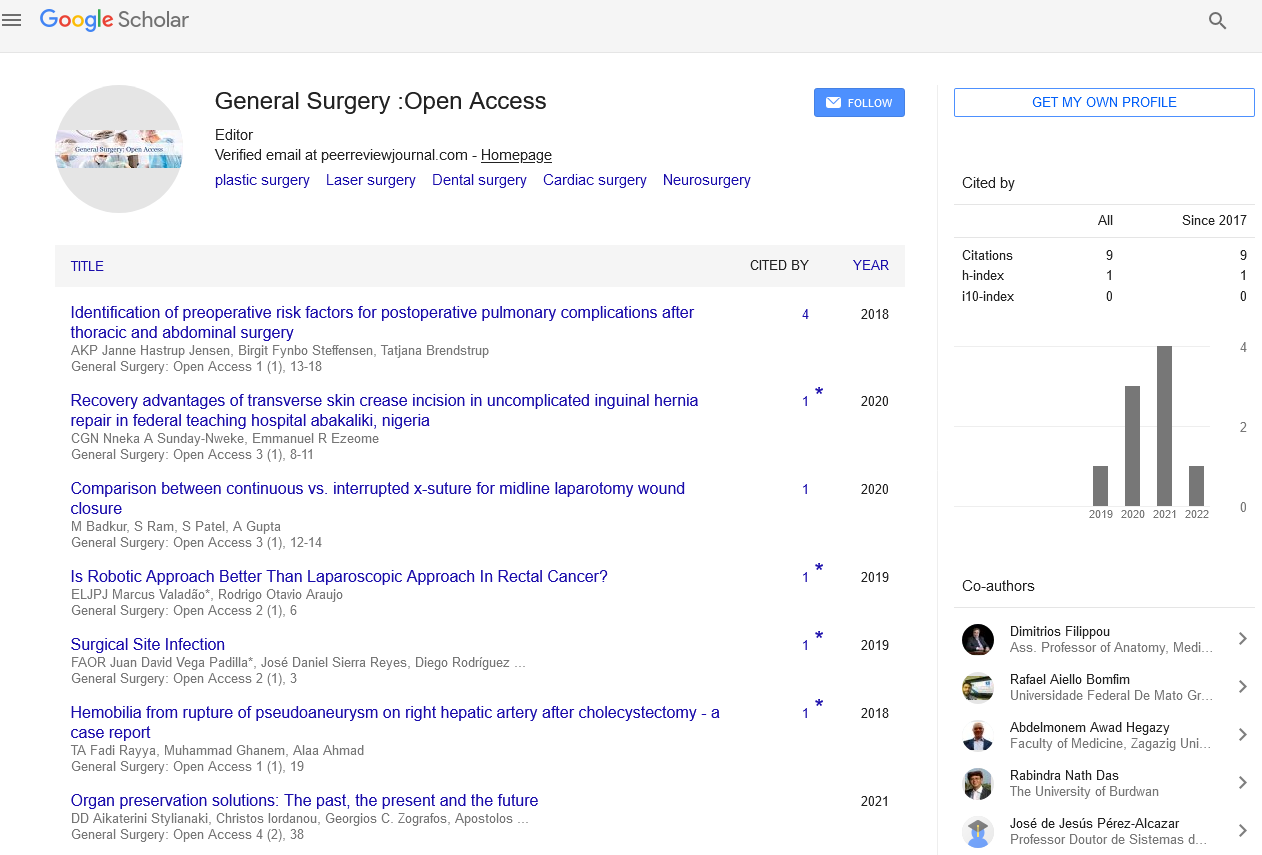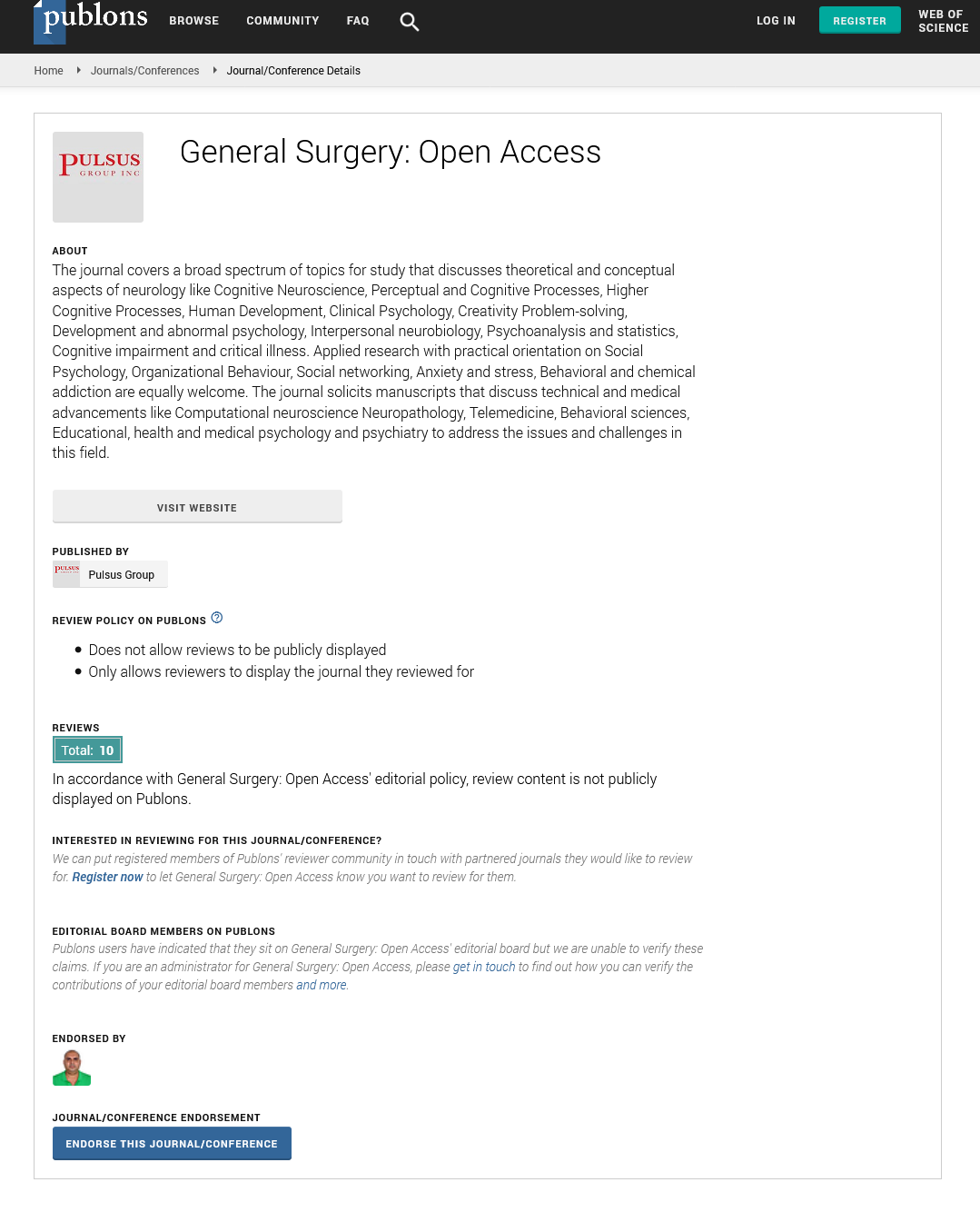
Sign up for email alert when new content gets added: Sign up
Access to Dental Care for Children with developmental Delay; A cross-sectional study in the city of Jeddah
2nd International Conference on Physicians & Surgeons
January 20, 2022 | Webinar
Sumer Alaki
King Abdulaziz University, Saudi Arabia
ScientificTracks Abstracts: Gen Surg: Open Access
Abstract :
Introduction: Developmental delay is a group of disorders in which a child is behind schedule in meeting developmental milestones during early childhood leading to lifelong restriction on the ability to develop. These children may have insufficient oral hygiene and periodontal health, more dental caries, and few remaining teeth due to poor diet, intake of sugar-containing medications, failure of caregivers to determine the oral status of the children, failure of the child to communicate their pain or discomfort, and insufficient access to dental care. The aim of this study was to identify if children with developmental delay have adequate access to dental care and types of obstacles and barriers (if any) to obtaining such services in the city of Jeddah, Saudi Arabia. Methods: This was a cross-sectional study conducted between January 2021 and April 2021. Ethical approval was granted by the Research Ethical Committee at the Faculty of Dentistry at King Abdulaziz University. The study focused on children with a variety of developmental disability including autism spectrum disorder, Down syndrome, cerebral palsy, delayed growth, other developmental disabilities. The researchers used an online survey consisting of 18 closed- and open-ended questions and was distributed to caregivers of children 3–18-year-old children with developmental delays in seven centers in the city of Jeddah through a secure online platform. The data was analyzed using the Statistical Package for Social Sciences (SPSS) software (IBM SPSS Statistics for Windows, Version 25.0 Armonk, NY: IBM Corp.). One-way Anova test was used to determine whether there were any statistically significant differences between the means of two or more independent (unrelated) groups. The significant level was set at 0.05. Results: A total of 669 participants joined the study. Most children were between the age of 3 and 12 years. The sample included 233 children with autism (34.8%), 296 with Down syndrome (44.2%), 15 with cerebral palsy (2.2%), 58 with delayed growth (8.7%) and 67 with other developmental delays (10%). The data showed that most parents did not keep up with their children’s dental recall appointments (63.8%) and that there was a significant association between having developmental disability and accessing dental care with children with autism and down syndrome having the most difficulties (p<0.000). Children aged 6-12 had the most difficulty accessing dental care (p<0.002). Fear of the dentist (30%), inability to cooperate with the dentist (23.1%), financial cost (16.8%) and inadequate dental training (12.8%) were among the most common reasons for difficulties accessing dental care. Conclusions and recommendations: children with developmental delay have various difficulties accessing dental care in the city of jeddah. Proper dental training, and attention to financial burden on caregivers may improve access to dental care.
Biography :
King Abdulaziz University, Pediatric Dentistry, Saudi Arabia.





